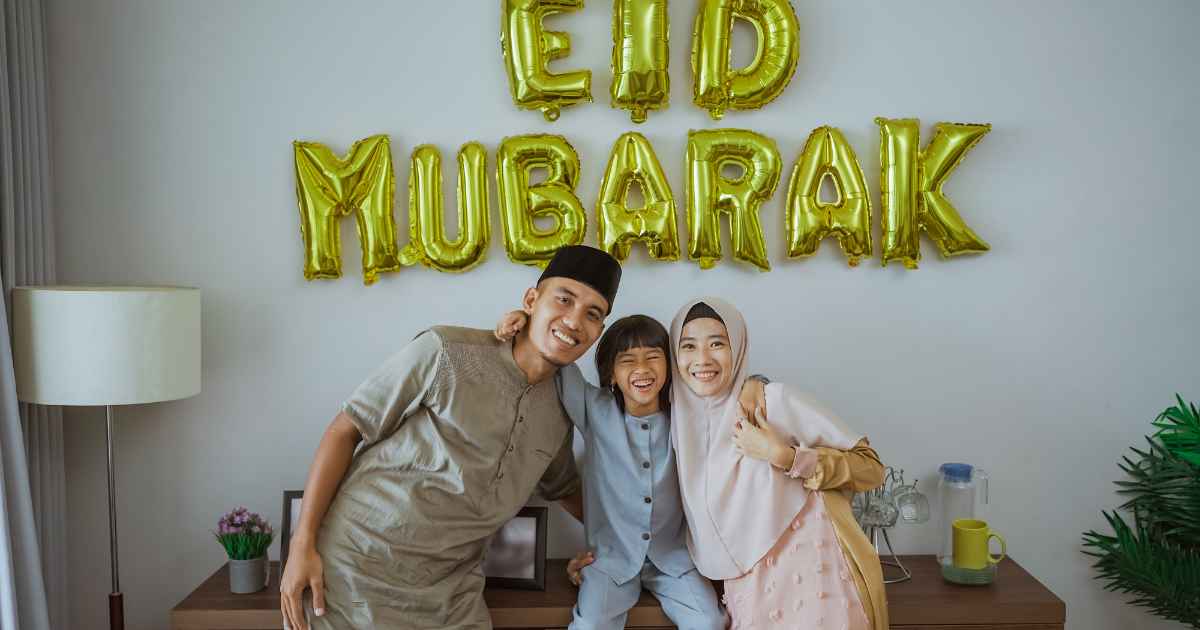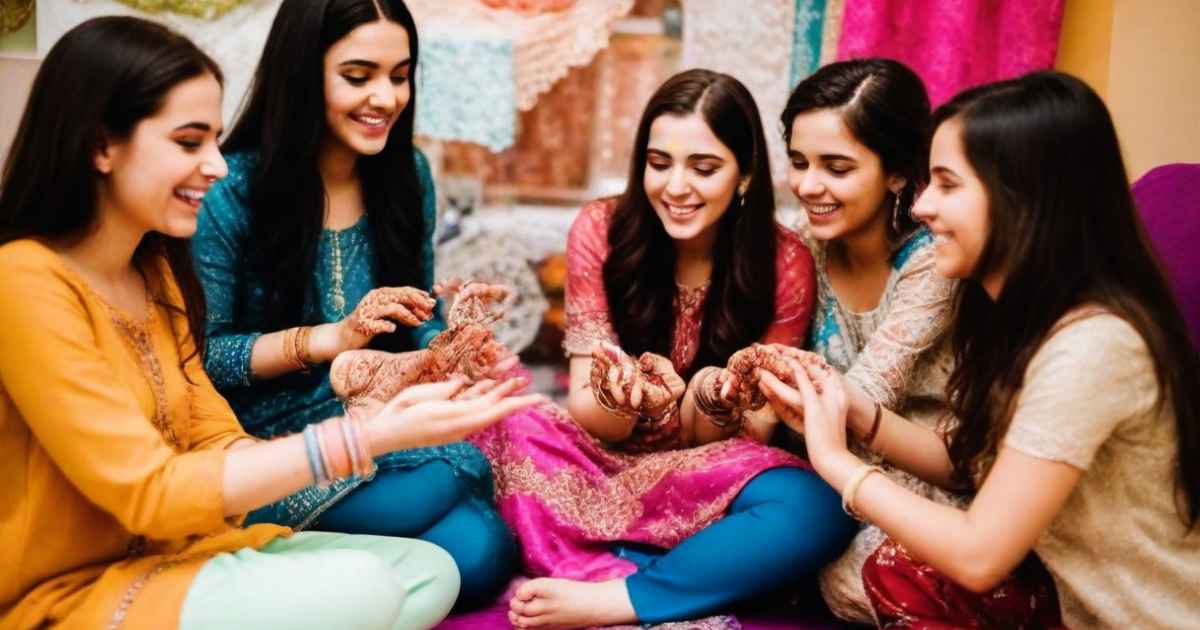Eid al-Fitr, often called Eid, is a highly revered celebration in Islam and is observed globally. It marks the end of Ramadan, the holy month of fasting, and is a time of joy, gratitude, and festivity for Muslims around the globe.
In Pakistan, Eid holds a special place in people’s hearts, characterized by vibrant traditions, delicious food, and warm gatherings with family and friends.
Importance of Eid al-Fitr in Islamic Tradition
Eid al-Fitr has immense religious and spiritual significance for Muslims. It commemorates the completion of fasting during Ramadan and reminds them of the importance of faith, self-discipline, and compassion.
Observance of Ramadan
During Ramadan, Muslims fast from dawn until sunset, refraining from eating, drinking, smoking, and other physical needs. It is a time for spiritual reflection, self-discipline, and increased devotion to prayer and the recitation of the Quran.
Preparations for Eid al-Fitr in Pakistan

The days leading up to Eid in Pakistan are filled with excitement and anticipation. People engage in various preparations to make the festival memorable and joyful.
The night before Eid (Chand Raat)

The night before Eid, called Chand Raat, is a bustling time in Pakistan. Markets and bazaars remain open late at night as people shop for new clothes, accessories, and gifts. streets are adorned with colourful lights and decorations, creating a festive atmosphere. Women often gather to apply intricate mehndi (henna) designs on their hands, a cherished tradition passed down through generations.
Morning of Eid
Eid begins with the special congregational prayer known as Salat al-Eid, held in mosques and open spaces across Pakistan. After offering prayers, Muslims exchange greetings of “Eid Mubarak” and embrace each other with warm hugs. It is also customary to give Zakat al-Fitr, a form of charity, to the less fortunate to ensure they can partake in the festivities.
Traditional Pakistani Eid dishes
Food plays a central role in Eid celebrations in Pakistan, with families preparing a lavish spread of traditional dishes to share with loved ones.
Celebrations and gatherings
Eid is a time for family reunions and social gatherings in Pakistan. Relatives and friends come together to share meals, exchange gifts, and enjoy each other’s company. Homes are decorated with colourful lights and flowers, adding to the festive ambience.
Community spirit and charity
Eid al-Fitr emphasizes the importance of compassion and generosity towards those in need. Many Pakistanis participate in charitable activities, such as distributing food and clothing to the less fortunate, donating to mosques and charity organizations, and helping needy families.
Eid festivities in Pakistan
The streets of Pakistan come alive with vibrant Eid festivities, including carnivals, fairs, and cultural events. People of all ages participate in fun-filled activities, rides, and games, creating lasting memories with their loved ones.
Conclusion
Eid al-Fitr is a time of joy, unity, and gratitude in Pakistan, where people come together to celebrate the blessings of Ramadan and the spirit of community. Through traditions, food, and acts of kindness, Eid exemplifies the values of compassion, generosity, and togetherness cherished by Muslims worldwide.